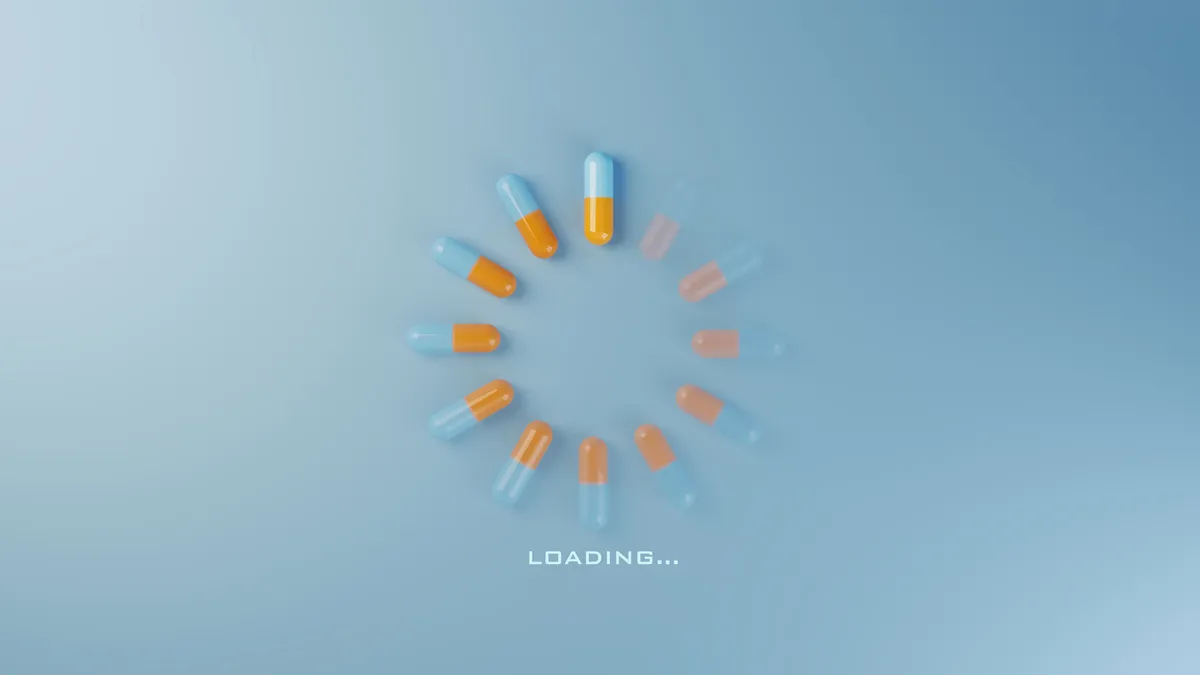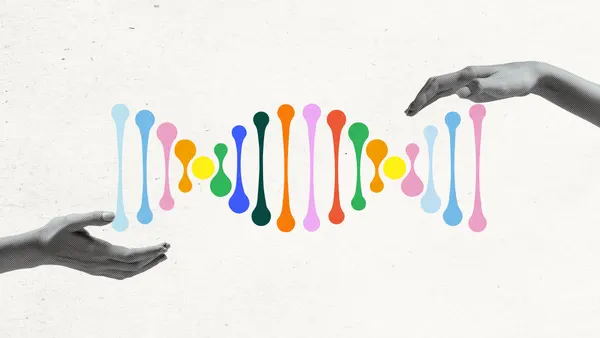Despite significant pharma investments and lots of hype, using AI for drug discovery has shown mixed results so far. However, there’s one area where AI is already seeing success: Predicting the safety and efficacy of drugs, which has the potential to help patients find the right medication faster.
On the drug development side, using AI to test safety and efficacy promises to accelerate precision medicine and reduce animal testing. A handful of startups are working in this arena, including BioPhy, which uses predictive AI to zero in on endpoint outcomes in clinical drugs with more than 80% accuracy according to reports. And Quris-AI said its patient-on-a-chip platform accurately predicted which treatment caused drug-induced liver injury in a preclinical pilot study it conducted in partnership with Merck KGaA.
AI is also being used to predict safety and efficacy for drugs already on the market. In a recent example of this approach, researchers at the Amsterdam University Medical Center, used AI to help predict within a week whether Zoloft would work in patients with major depressive disorder.
That’s much faster than the six to eight weeks it usually takes to find out whether an antidepressant will be effective, the researchers said.
The study, published in the American Journal of Psychiatry, used an AI algorithm combined with a brain scan and clinical information to predict the effectiveness of Zoloft, one of the most commonly prescribed antidepressants, and found that a third of patients would respond to the drug. Using this method could help “prevent two-thirds of the number of 'erroneous' prescriptions of [Zoloft],” one of the researchers said in a press release.
Here are a few other ways researchers are tapping into the predictive powers of AI.
Chemotherapy resistance
Scientists at the University of California San Diego School of Medicine used a machine learning algorithm to predict when cancer will resist or respond to chemotherapy.
They tested the model on cervical cancer tumors and successfully forecast responses to cisplatin, one of the most common chemotherapy drugs. The model could identify which tumors were most at risk for treatment resistance and why. It also accurately identified tumors that responded to therapy.
They published their findings in the journal Cancer Discovery.
Response to immunotherapies
Researchers at GE HealthCare, Vanderbilt University Medical Center and the University Medicine Essen in Germany used GE HealthCare’s AI models to predict patient response to immunotherapies with 70% to 80% accuracy.
The AI models predicted both efficacy outcomes and the likelihood of an individual patient developing an adverse reaction. According to the researchers, this could enable precision medicine by helping prescribers choose the most appropriate treatment pathway sooner while helping patients avoid unnecessary side effects and cost.
GE HealthCare said it plans to commercialize the models for both drug development and clinical decision support.
Antibiotic resistance
A team at Oxford used AI combined with fluorescence microscopy to detect antimicrobial resistance within as little as 30 minutes. The models detected resistance reliably at least 10 times faster than the current “gold standard” clinical methods, which can often take several days.
The researchers said eventually, their model could identify whether cells in clinical samples are resistant to a range of antibiotics, and help create targeted antibiotic treatments.








